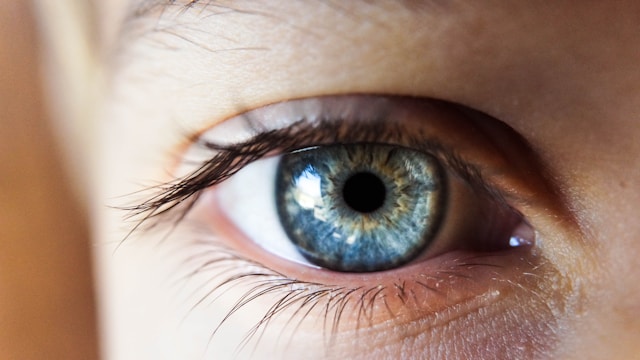Adverts may tout the efficacy of vision therapy or training in obviating the necessity for eyeglasses, often involving eye exercises. These exercises encompass applying pressure to the eye or palming it, eye movement drills, or intentionally straining to read with incorrect prescription glasses to purportedly “train” the eyes.
Eye exercises not effective in correcting eyesight
Ophthalmology professor Benjamin Botsford, says that there are no compelling evidence from studies thus far supports the notion that these exercises eradicate the need for glasses or confer enduring substantial advantages. He adds that empirical foundation for such claims is notably lacking.
Evidence is scarce across various eye ailments, encompassing prevalent issues like myopia and hyperopia. Myopia causes clarity issues with distant objects while keeping closer ones clear. Conversely, hyperopia leads to clear vision of distant objects but blurs up-close ones. Additionally, exercises targeting these conditions prove ineffective against presbyopia, the onset of which typically occurs around the age of 40, necessitating reading glasses.
Presbyopia, a condition where the eye lens stiffens with age, makes focusing on close objects difficult, often requiring reading glasses. Despite claims of methods to alleviate this, evidence is limited. Maintaining healthy eyes includes certain practices for everyone.
Children should undergo eye exams during infancy to check for eye misalignment, ocular health, and the potential need for glasses. Failure to address these issues may lead to abnormal visual development or amblyopia. Limiting screen time and up-close reading outside of school can help slow the progression of nearsightedness in children.
Extended screen time leads to eye dryness
Extended use of screens may lead to eye strain and dryness. To alleviate these issues, adhere to the 20-20-20 rule: Take breaks every 20 minutes, lasting 20 seconds, to gaze at something 20 feet away. Additionally, practicing eye relaxation techniques and blinking frequently can be beneficial. Over-the-counter artificial tears may provide relief for dry eyes.
Spending time outdoors is advantageous for eye health and has been linked to lower rates of nearsightedness in children. However, caution should be exercised to avoid direct sun exposure, as it can cause permanent damage to the retina.


